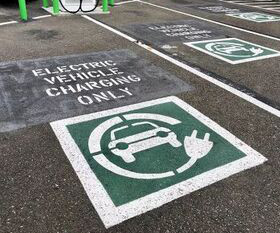US DOI report highlights impacts of climate change on Western water resources
Green Car Congress
APRIL 25, 2011
The US Department of the Interior released a report that assesses climate change risks and how these risks could impact water operations, hydropower, flood control, and fish and wildlife in the western United States. Click to enlarge. —Interior Secretary Ken Salazar. —Reclamation Commissioner Mike Connor.












Let's personalize your content